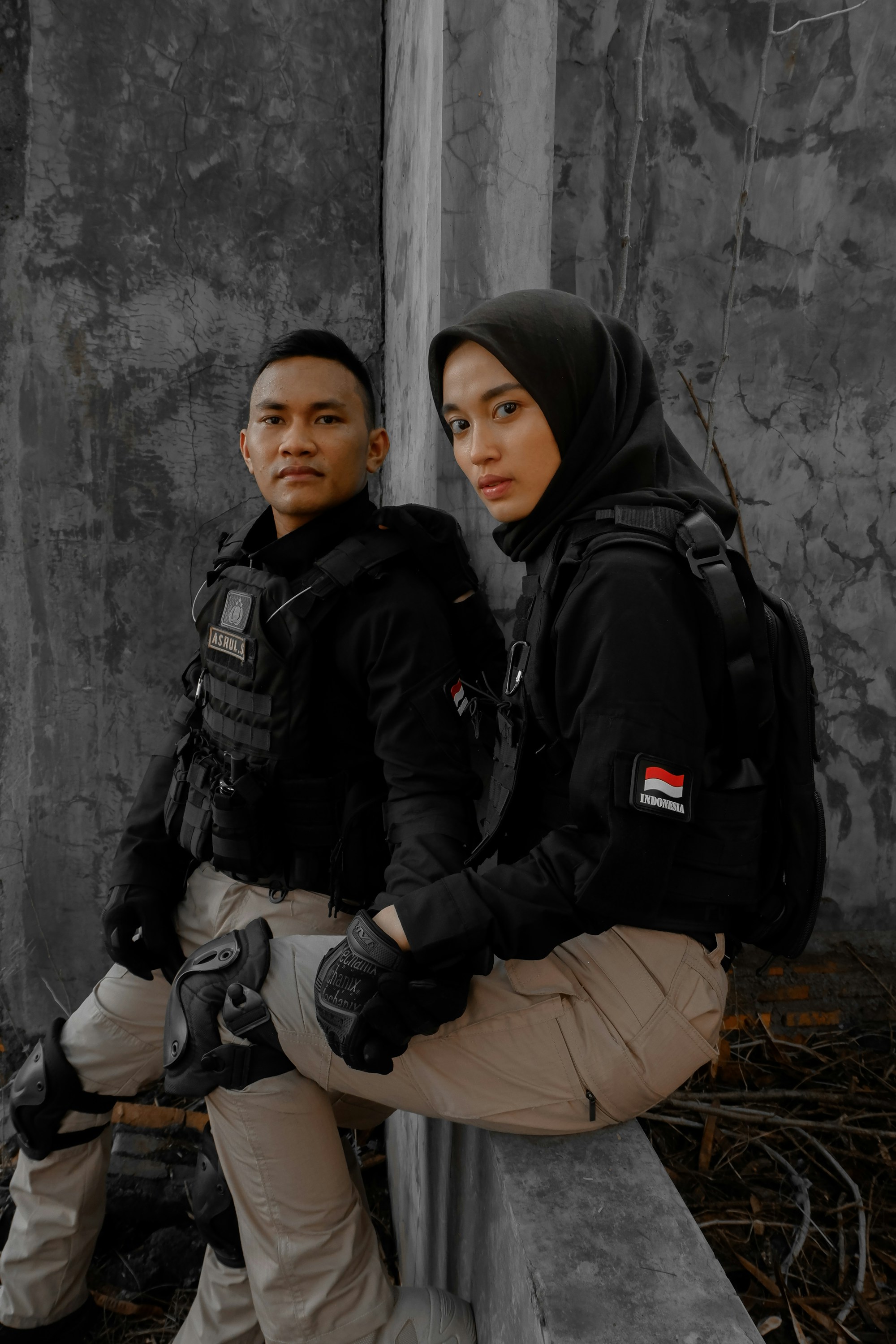Bekasi Culture & Traditions Travel Guide
Explore the rich culture and traditions of Bekasi in this travel guide - your key to experiencing the city's unique heritage.

Bekasi Culture & Traditions Travel Guide
Welcome to Bekasi, a city rich in cultural heritage and traditions located in Indonesia. Known for its vibrant customs and warm hospitality, Bekasi offers travelers a unique and immersive experience. In this travel guide, we will delve into the history, cultural practices, festivals, and interesting facts that make Bekasi a must-visit destination.
Historical Context
Bekasi has a deep-rooted history that dates back centuries. Originally inhabited by the Sundanese and Betawi people, Bekasi has evolved into a melting pot of different ethnicities and cultures over the years. The city's strategic location as a trade center contributed to its growth and diverse population.
During the colonial era, Bekasi played a significant role in Indonesia's struggle for independence. Many historical sites and museums in the city commemorate the sacrifices made by its residents during this period.
Cultural Practices
The people of Bekasi take pride in their cultural heritage and uphold traditional practices in their daily lives. One of the notable customs is the 'gotong royong,' a communal spirit of cooperation and mutual assistance. This practice fosters a strong sense of unity and togetherness among the locals.
Visitors to Bekasi can also witness traditional dances, such as the Jaipong and Kuda Lumping, which showcase the region's artistic prowess and artistic expression. The intricate batik and weaving techniques are also integral parts of Bekasi's cultural identity.
Festivals
Throughout the year, Bekasi hosts a variety of festivals that highlight its cultural diversity and traditions. One of the most popular events is the Bekasi Culture Festival, where music, dance, and culinary delights are on full display. The Bekasi International Film Festival is another noteworthy event that celebrates local and international cinema.
During Ramadan, Bekasi comes alive with vibrant street markets and colorful decorations as the community gathers to break their fast together. The annual Bekasi Food Festival is a gastronomic delight, showcasing the best of Indonesian cuisine.
Local Anecdotes
A common greeting among the locals in Bekasi is "Selamat datang," which means "welcome." It reflects the warm and hospitable nature of the residents who are always ready to welcome visitors with open arms.
Many families in Bekasi still practice the tradition of 'ngunduh mantu,' where the groom's family visits the bride's household to formalize their relationship. This ceremony is a symbol of unity and respect between both families.
Interesting Facts
- The name Bekasi is derived from the Sundanese term "bakasi," which means bamboo flute, reflecting the city's cultural significance.
- Bekasi is known for its traditional markets, such as Pasar Baru and Grand Metropolitan Mall, where visitors can purchase local handicrafts and authentic Indonesian souvenirs.
- The iconic Bekasi City Hall is a prominent landmark in the city and a symbol of its administrative importance.
